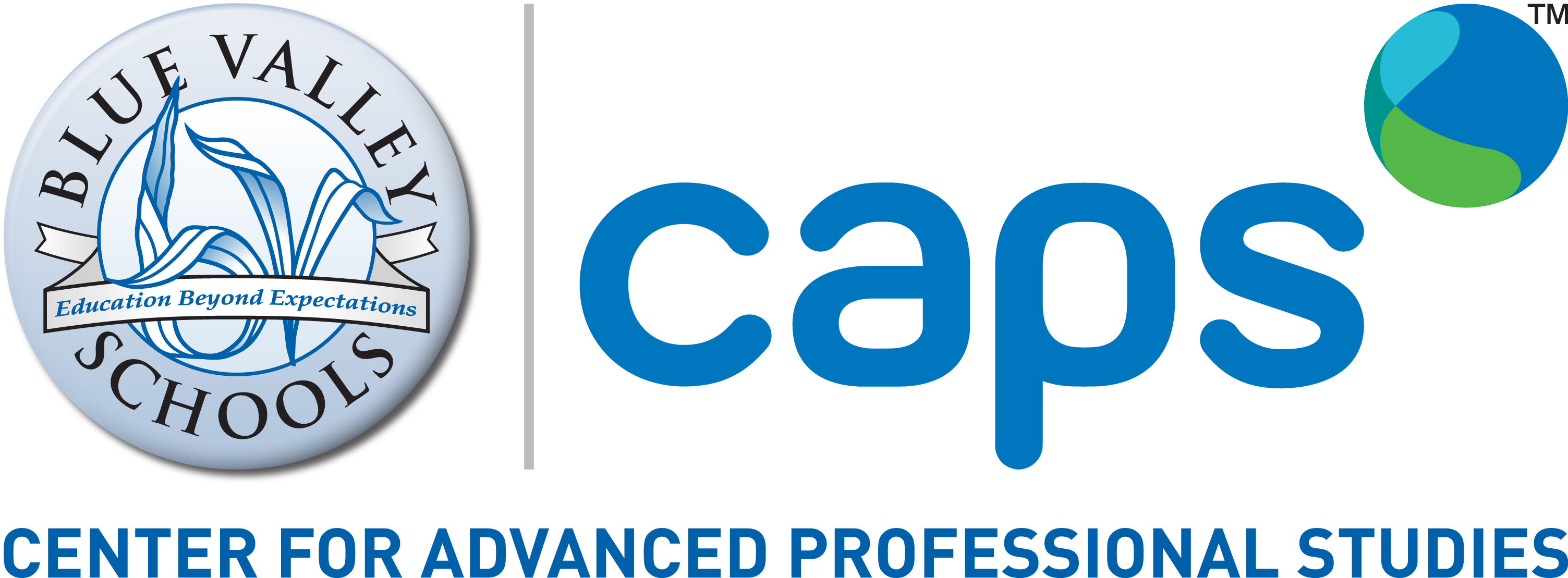Redefining hands-on learning.
I hear and I forget. I see and I remember. I do and I understand. ~Confucius
Following our CAPS-wide model of profession-based learning, the Veterinary Medicine Course is exploding with hands on animal experiences.
CAPS Vet Med focuses on career exploration, skill development and animal experience to aid our students in determining if a career in animal health is a possibility for their future. Every site visit and speaker interaction brings a wealth of career possibilities to our students, often with careers they did not realize “is a thing.”
We are out of the classroom approximately 50% of the time, learning where the animals are. Our classroom time includes skill development with microbiology, diagnostic labs and case studies. Outside of the classroom, we immerse in animal handling and care of both companion and livestock animals. Just a few examples are described below.
Companion Animals: Students are trained dog/cat socializers at Wayside Waifs no-kill animal shelter. They learn about shelter medicine at the shelter while picking up on behavior cues working with the dogs/cats. We have “BYODog Day” at CAPS. A dog trainer from Personable Pets Training joins us for a day, along with our own dogs from home. We work on teaching the dogs a new command with consistency and positive reinforcement. Students and their dogs participate in agility training and the emergency recall command.
Livestock/large animals: We work with the animal care team at Deanna Rose Farmstead to tend the pregnant goats during kidding season. With luck, we’ll be there to watch a live baby goat birth. At Heartland Therapeutic Riding, students learn horse handling, grooming and hoof care, along with observing equine-assisted therapy for children and adults with disabilities. And, for the fourth year, the CAPS pig operation continues. With generous funding from Bayer Animal Health and the mentorship and resources from Swickard Family Farm, we were able to start a small hog operation. Students determine all aspects of care of the hogs. We rotate “farm duty” responsibilities daily where a team of students do farm chores to care for our pigs plus chickens and barn cats. It is the regular observation of “normal” animals that the students more easily cue in on “abnormal” behaviors or issues.
